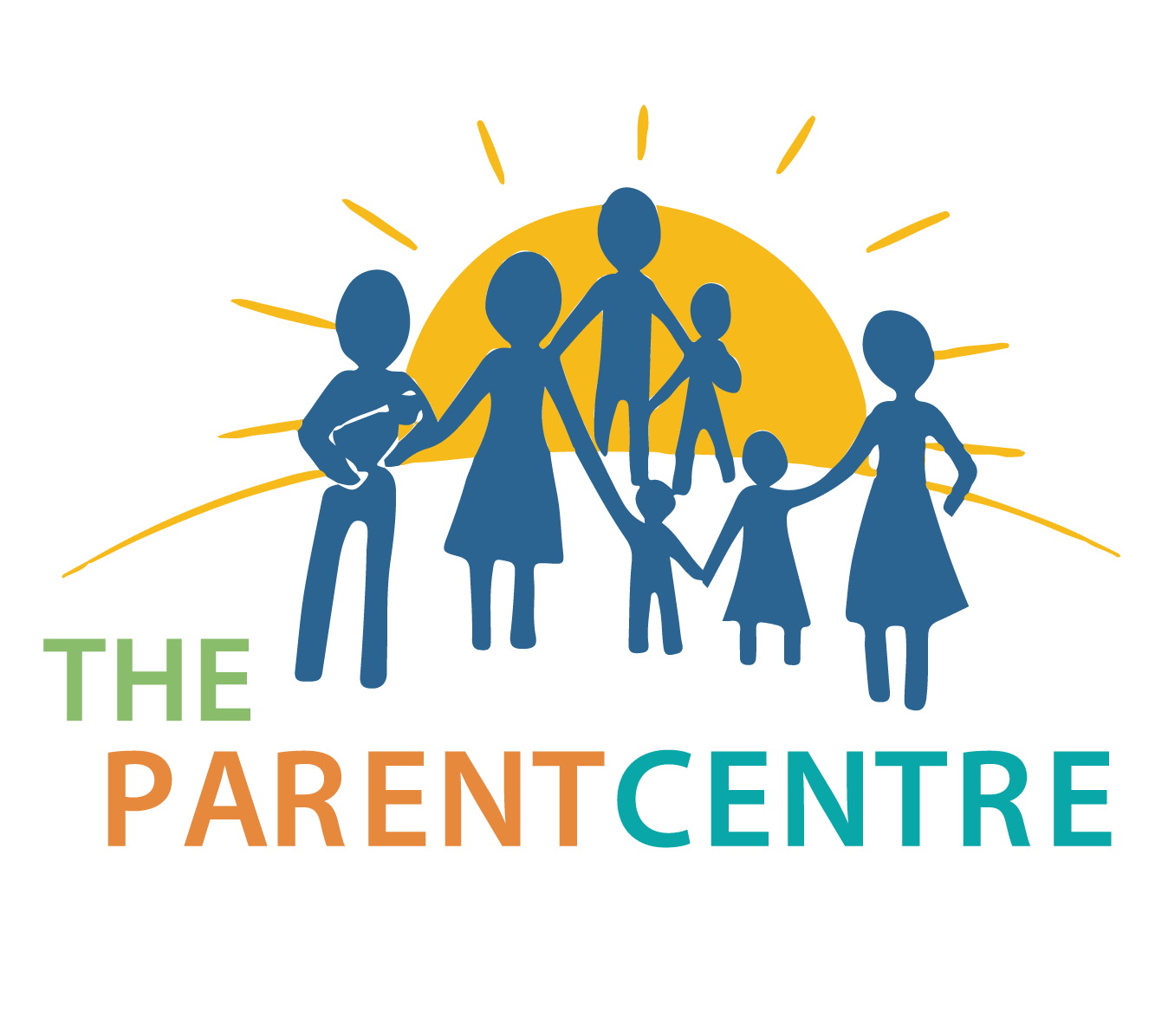There is a dire need for positive parenting in South Africa to foster development and violence prevention.
Evidence strongly suggests that early positive parenting interventions that foster safe, stable, and nurturing relationships between parents and children have many positive effects, including the prevention of child maltreatment and childhood aggression.
Not to mention the millions of rands it can save governments and taxpayers money in social reform programmes. But if this is so, why aren’t more parents practicing positive parenting?
Most parents are stuck in a constant loop.
I’ve worked with parents from diverse backgrounds and communities, and it’s very clear that a lot of them don’t think that parenting skills are something that needs to be learned. They assume that doing what their parents did, observing those around them, or the fact that they have lots of kids and have been doing this for a long time, qualifies them as good enough parents. But the problem is that in too many instances, they are unknowingly transferring their own trauma and baggage onto their children, by not keeping their parenting skills in check.
Without positive parenting our kids get the short end of the parenting stick
According to research published on Neuro Health, about 61% of adults have suffered at least one adverse childhood experience (ACE), making it a strong likelihood that this event can impact the way one raises their own child.
Children who have had adverse childhood experiences are more likely to suffer obesity, suicide, depression, heart disease, cancer, stroke, and drug or alcohol abuse. Those who experience more than one ACE, they risk failing at school, having low-income jobs or no employment, and are six times more likely to have behavioural issues.
South Africans lack parenting support and resources
In South Africa, the ability to practice ‘positive parenting’ is met with a lot of challenges.
We have 11 million South Africans living below the international poverty line, living on as little as R 28 a day, and more than 50% of children growing up in single-parent households. This means most of our parents are driven by fulfilling basic needs first. Add to this the stress of daily life, and we have a situation where our young children are constantly getting the short end of the stick.
These parents who are unsupported and focused on just trying to put food on the table, are more likely to suffer from depression, and depressed parents often revert to harsher punishment and tend to be inconsistent in their responses to children’s behaviour. Mothers in this situation are less likely to be affectionate towards their children, and more often than not use corporal punishment. They are also likely to leave them unsupervised. This type of harsh, inconsistent parenting that features a lack of warmth and supervision increases the chances of children abusing drugs or alcohol, engaging in risky sexual behaviour, and becoming involved in crime.
But it’s not just the parents who are stuck in a vicious cycle of poverty that need help, it’s parents from all walks of life who are also in need of parent education. In today’s modern times, there’s an increase in single parents across the board, a growing number of two-income households, because both parents need to work, and a more pressurised ‘always on’ digital world, exacerbating the average parent’s daily stress levels.
How can we upskill parents?
To upskill parents in positive parenting, it’s vital that they first understand what good parenting is and why it’s so important. I think there’s a big knowledge gap here, with parents taking it for granted that their role as caregivers is a natural-born ability, not recognising that it requires conscious commitment and proficiency.
Considering that we need a license to marry, own a car, own a house, and we have to go to school to get a certificate, it almost seems ludicrous that anyone can be a parent. Parents and caregivers are a child’s first guide and frame of reference. The family is the first social group most of us encounter, yet it’s often the most overlooked as the key to fostering our potential.
Positive Parenting is essentially a move away from punitive parenting styles like physical punishment which often uses fear and encourages permissive or aggressive development. A positive parenting approach uses clear communication to set boundaries and give consequences for actions in a way that does not resort to shaming a child, but rather builds their confidence.
The fact that this kind of parenting can help a child adjust at school, improve their problem-solving abilities, reduces behavioural issues, and lessen the chance of risky behaviour, means there’s a practical solution to raising responsible citizens staring us right in the face. Easier said than done of course, but the key word is education.
How can we provide more parents with the education they need to be the best parents they can be, and as a result offer their children a brighter future? I believe it’s a hybrid approach of government, corporates, and community organisations coming together to offer solutions. This could be through outreach programmes that offer communities parent education and training, corporates who provide parenting workshops for their employees, or individual parents themselves who reach out to find the resources for support.
The best gift we can give our future generation is to first and foremost do our job as parents effectively. We owe it to our kids to do better, and it starts with providing support to those parents who need it most.
Jonathan Hoffenberg is our PACES Manager ( (Parent and Community Empowerment and Support).
